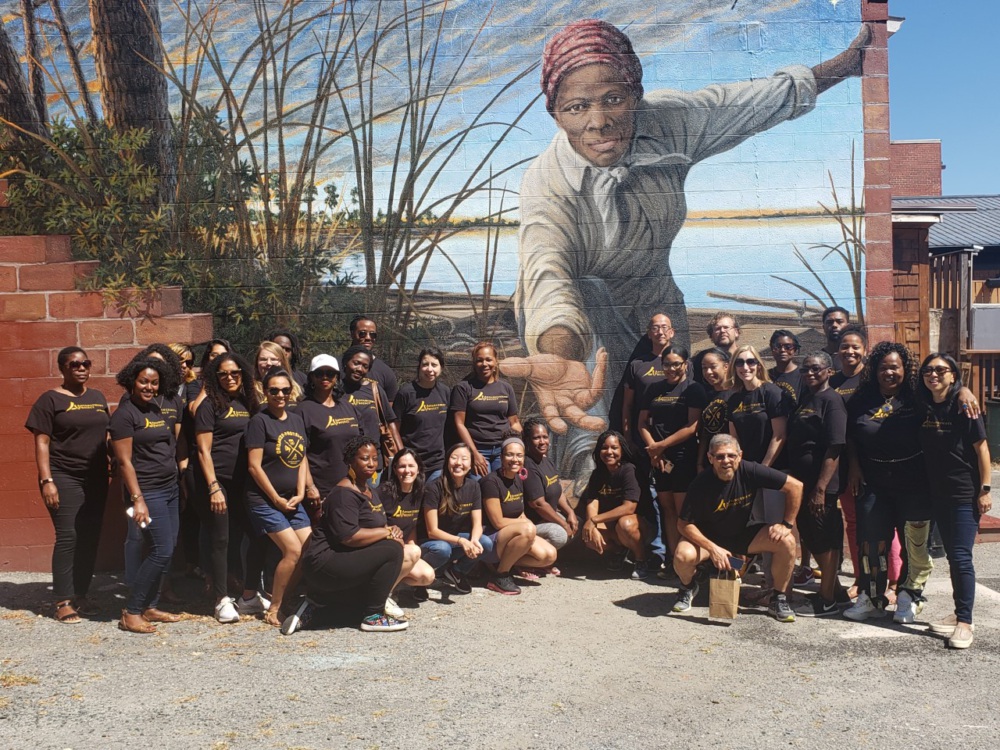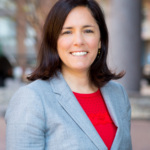Healing Communities of Color Beyond Wellness
January 19, 2021

January 19, 2021
We are our only relevant hope
We are our only possible medicine
–what is unveiled? the founding wound by Adrienne Maree Brown
When organizations discuss plans to address the impact that systemic racism and the violence of white supremacy have on staff, we often lack the language to openly discuss viable options. Perhaps it is because the wounds are too deep and too raw. Where do we even begin to bring a framework to folks who live and work with the pain? What do we do about the trauma? How about the generational trauma that Black and Brown bodies carry? How do we hold space for all of this within the context of fighting the battles on the streets, in the courtroom, alongside our partners and allies? How do we create opportunities for community care?
When we began to think about this at Advancement Project National Office, we spoke about self-care. We created a fun and wellness committee to pull together joyful events and wellness talks. We have helped celebrate even amidst the cruelty of the last four years. We came together to break bread together, raise a glass at holidays and organize fun retreats.
Then a global pandemic surrounded us with grief and loss.
The isolation that followed led so many of us to reflect and has forced our organization to create new ways of engaging with the concept of self-care. We are now discussing radical self-love, healing, centering mental health, and exploring uncomfortable moments. If we are seeking transformation and liberation, it is imperative that healing become a part of the vernacular at social justice and racial justice organizations.
While we continue to work with a fun and wellness committee, our attention has turned to hiring a therapist to hold one-on-one sessions with staff, bringing in a trauma informed speaker, Dr. Hawthorne Smith, and creating intentional space for one another to discuss how we are really doing and feeling. Dr. Smith not only spoke to us about the need to understand secondary trauma, but the importance of being conduits for it, not containers. He shared how music helps him work with the impacts of trauma as a psychologist working with survivors of torture.
Advancement Project National Office knows the importance of centering joy and gratitude when we live and work for racial justice, and we are looking forward to a time when we can break bread with one another, hug our colleagues again, and share the joy. Until then, we will continue to acknowledge our pain, trauma, and grief so that we may heal in all the ways that will lead to our own individual and community liberation.
